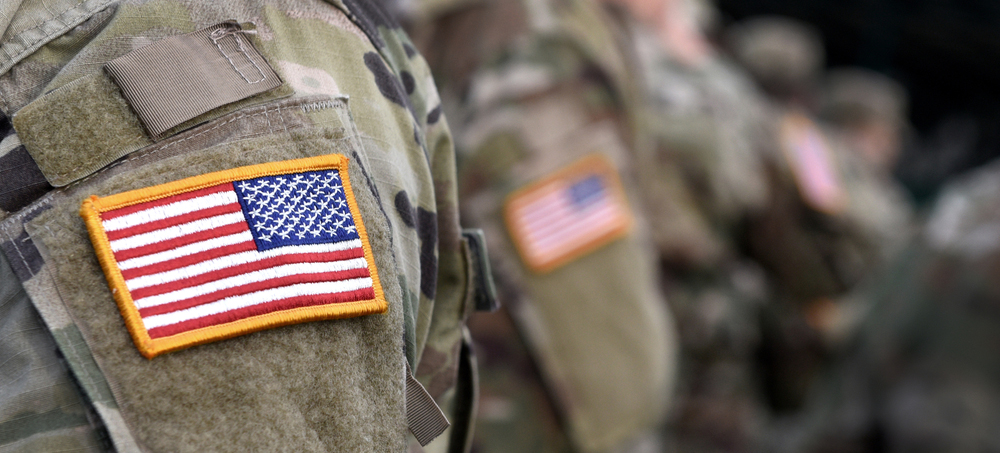The challenges of being in the military can lead to multiple physical and mental health problems, including binge drinking and use of drugs like opioids and marijuana. Though all branches of the U.S. armed forces have zero-tolerance policies strictly prohibiting on-duty substance use and have implemented specific prevention protocols, these have not stopped military service members from abusing alcohol and drugs at higher rates than civilians.
Alcohol
Binge drinking is more prevalent in the armed forces than in the general population. Active-duty personnel may drink to celebrate successful combat missions or cope with PTSD after returning from a war zone. Socially, people who serve in a military unit form tight-knit relationships and shared beliefs, including normalizing alcohol abuse as a way to relax and blow off steam. As a result, the concept of off-duty binge drinking can become socially acceptable.
Opioids
Military personnel who sustain injuries in the line of duty can become dependent on the prescription drugs they use to manage chronic pain. Opioids are the most frequently abused legal drug in the U.S., causing a widespread public health epidemic. Though pharmaceutical companies originally marketed opioid medications as harmless and non-habit-forming, opioids have a high potential for abuse and addiction because they bind to specialized receptors in the brain.
People who can’t get a legal supply of opioids due to prescription limits may turn to illegal avenues to procure drugs like heroin and fentanyl, which can lead to a fatal overdose. Fentanyl binds more completely to opioid receptors in the brain than most other opiates do, which is what makes it so potent. Drug distributors often use it to get people hooked more quickly and keep them coming back for larger doses. Illicit black-market fentanyl is the driving force behind the dramatic rise in overdose deaths in recent years.
Marijuana
California was the first state to legalize medical marijuana, and has since passed a law to allow residents to purchase cannabis for recreational use. However, frequent marijuana use can change brain chemistry and cause a dependency. The high-THC strains available in many dispensaries today can also lead to drug-induced psychosis, especially for frequent marijuana users.
Compassionate Addiction Treatment for Active-Duty Military and Veterans
Military culture tends to stigmatize any perceived weakness. As a result, military personnel could fear potential career consequences of going to therapy or other forms of substance use treatment.
At Hope by the Sea, we work daily to end the stigma with our veterans outreach efforts. We are the only California treatment center that employs a full-time veteran advocate and peer support specialist. We offer an inpatient rehab program specifically designed for veterans. We accept TRICARE and TriWest and have a patriotic staff, with a medical director and other team members who have proudly served their country in uniform.
As part of the VA’s Community Care Network, we will customize a recovery plan for the challenges you are facing. Our mental health specialists will put you on the path to healing with evidence-based therapies offered on a comprehensive continuum of care. Reach out to our compassionate admissions staff to confirm your VA Community Care eligibility or verify your insurance coverage.

